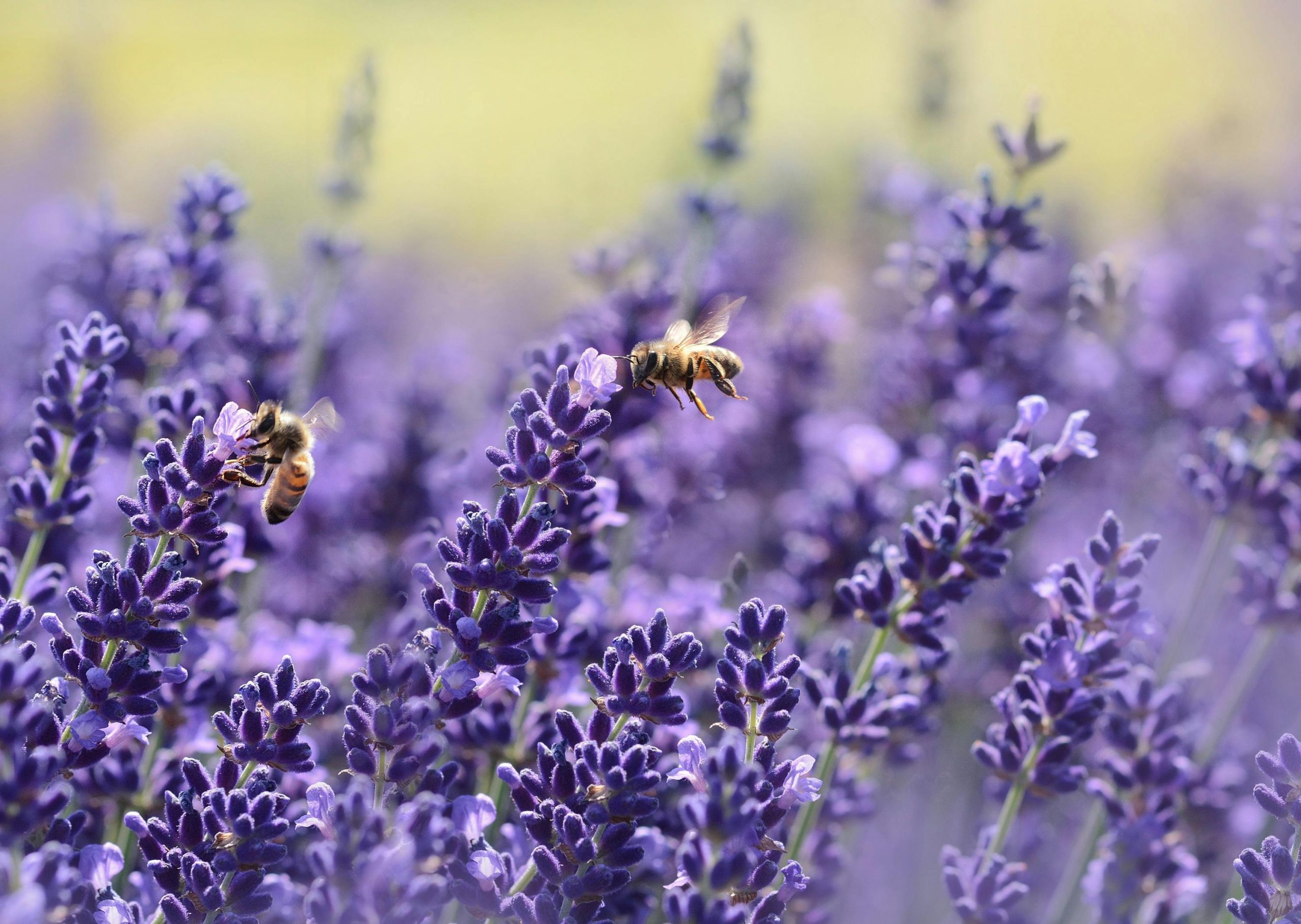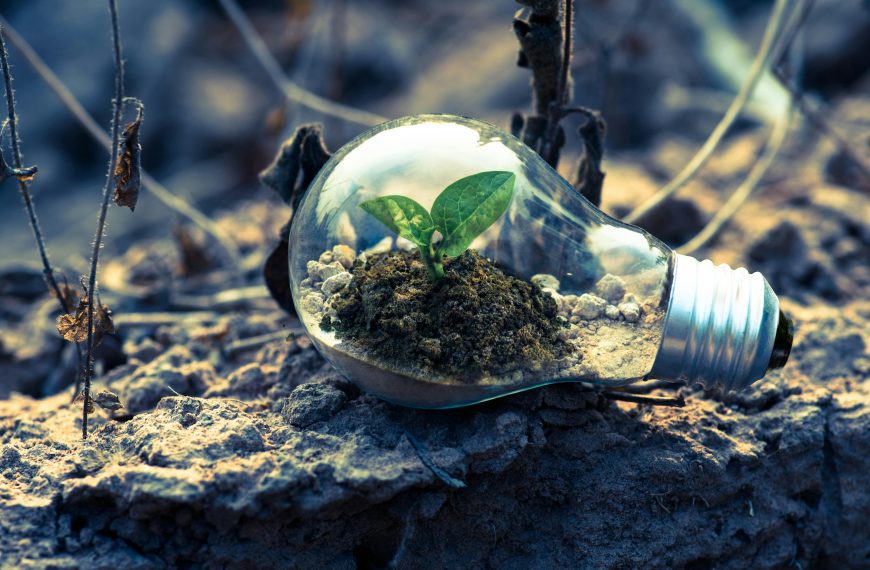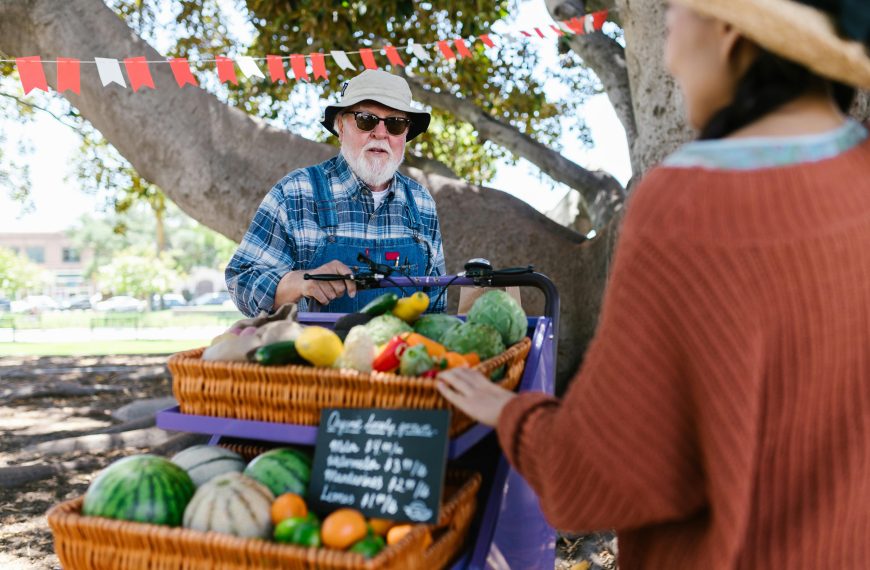Bees play a role in our ecosystems. Their significance is often underestimated. These hardworking insects serve as pollinators impacting not the well-being of our natural surroundings but also the availability of food. Recognizing their importance and taking measures to protect their health is key to preserving biodiversity and ensuring productivity.
The Crucial Contribution of Bees
Bees are essential to ecosystems as they act as pollinators for plant species. Pollination involves transferring pollen from one flower to another, enabling plants to reproduce. This process is fundamental for the growth of fruits, vegetables, and nuts. Without bees, several food sources would dwindle, resulting in decreased variety and potential economic repercussions for agriculture.
There exist more than 20,000 documented bee species that engage in pollination methods. For instance, honeybees function as creatures residing in colonies managed by beekeepers for honey production and crop pollination. Additionally, wild bees like bumblebees and solitary bees also contribute significantly to pollination efforts by visiting plants that honeybees may overlook.
The Consequences of Diminishing Bee Populations
Regrettably, bee numbers are declining worldwide due to a combination of factors. Loss of habitats, the use of pesticides, changes in climate, and diseases have all played a role in the decrease. This drop in bee populations impacts not only the bees themselves but the entire ecosystem. For example, decreased pollination can result in reduced crop yields and diminished plant variety, which then affects animals that depend on these plants for sustenance and shelter.
Moreover, the diminishing bee populations present a danger to human food security. Crops like apples, almonds, and coffee heavily rely on bee pollination. A significant decline in bee activity could lead to decreased yields and increased prices for these foods, impacting both consumers and farmers.
Promoting Bee Well-being: Actions You Can Take
Enhancing bee health requires a strategy. Here are some practical measures that individuals and communities can implement to safeguard these pollinators:
- Cultivate Bee-Friendly Gardens: Develop gardens with a variety of blooming plants to offer bees a food source. Indigenous plants are particularly advantageous as they are well-suited to local conditions and often supply more nectar and pollen. Flowers such as lavender, sunflowers, and wildflowers are good options.
- Avoid Pesticides: The use of pesticides, particularly neonicotinoids, has been associated with bee fatalities and decreased reproduction rates. Choose to follow organic methods in your gardening practices and utilize pest control techniques to protect bees from harm. If you must use pesticides, apply them at times when bees are less active, like morning or late evening.
- Support Beekeepers: Show your support for beekeepers by purchasing honey and other products from them. This helps them maintain bee colonies and ensures they can continue their work. Beekeepers often implement practices that benefit bee health and can offer insights into the needs of pollinators.
- Offer Nesting Sites: Provide nesting sites for bee species that require specific habitats. You can help by creating spaces like bee hotels that mimic natural environments. Additionally, reducing lawn mowing and preserving areas with soil can aid ground-nesting bees.
- Spread Awareness: Advocate for policies that safeguard pollinator health. Get involved in community programs promoting sustainable practices and educate others on the role of bees in our ecosystem.
- Transform Your Landscaping: Convert areas into bee habitats by establishing meadows or wildflower patches. Even small adjustments to your landscaping can provide resources for these insects.
The well-being of bee populations is intricately linked to the health of our ecosystems. Taking steps to support bees not only ensures their survival but also helps create a more resilient and sustainable environment. This, in turn, benefits communities by safeguarding our food sources and preserving biodiversity.
Moving ahead, it’s crucial to continue studying bee health and advocating for policies that protect these insects. Every little effort, regardless of size, adds to the objective of maintaining a flourishing ecosystem.
Bees serve as more than pollinators—they play a vital role in our planet’s well-being and our day-to-day existence. By recognizing their significance and taking steps to promote their well-being, we can contribute to a future that’s sustainable for both bees and humans.









